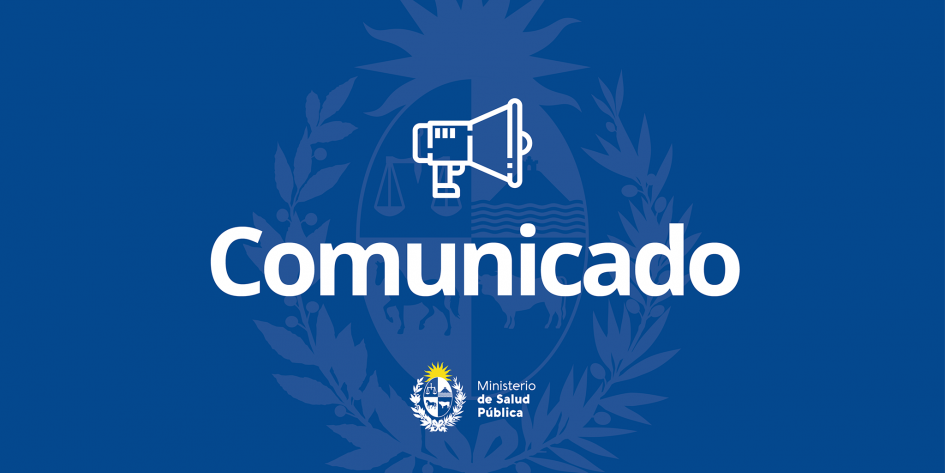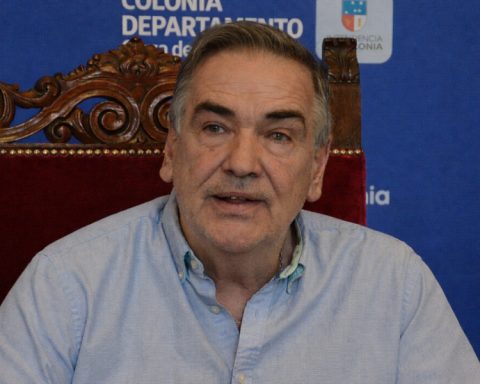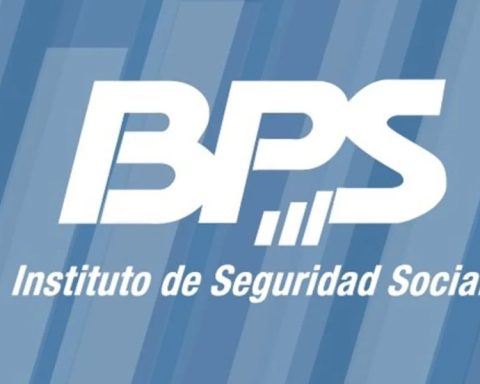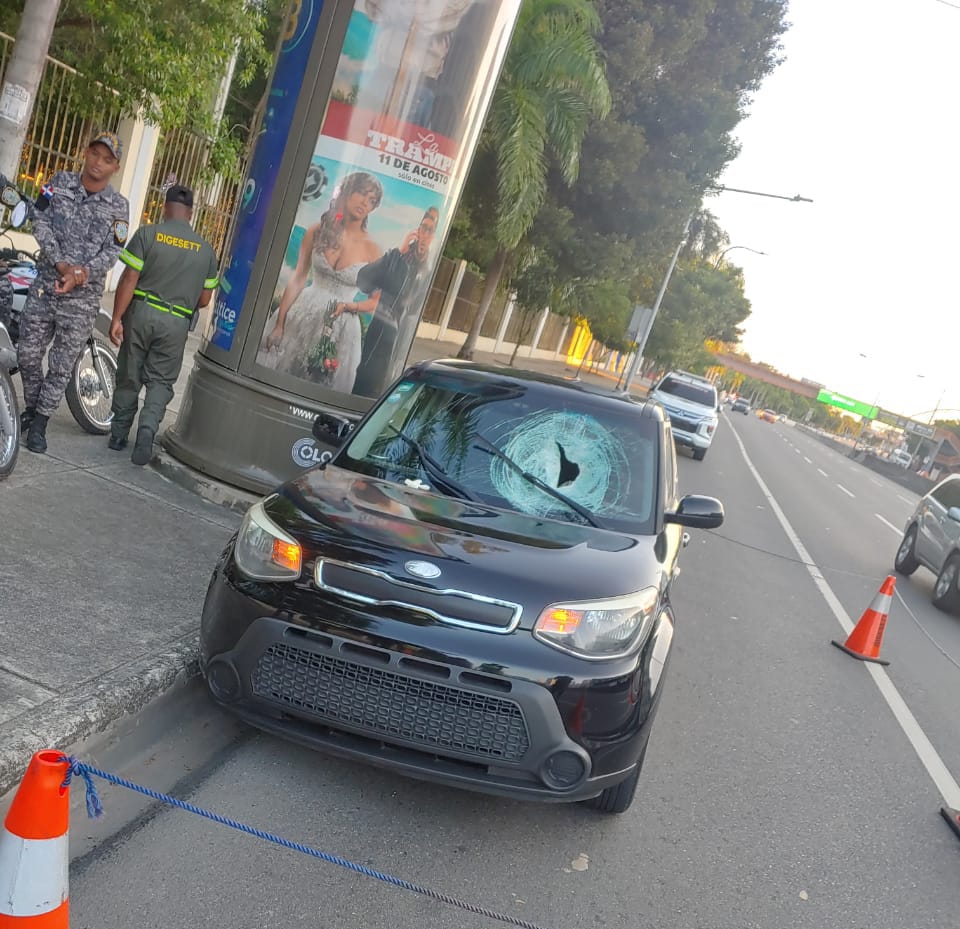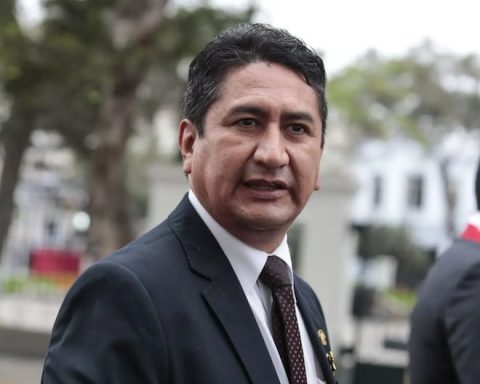Throughout South America and our country, the general incidence of covid-19 has increased in recent weeks; The same is found in relation to ICU hospitalizations due to the disease for the countries/territories for which data is available.
The predominant variant at a global level continues to be omicron and its sublineages, which have proven over time to be more transmissible than delta, although no evidence to date of a significant change in the impact on public health. Neither have elements been found to categorize any of these variants as “of concern”.
Vaccination and non-pharmacological measures remain extremely useful in controlling virus transmission and increases in cases. That is why in this context it is recommended to follow the following guidelines:
- Complete the vaccination against covid-19 according to the current national plan, as well as the vaccines of the National Vaccination Certificate according to the current national calendar.
- Remember and adhere to the prevention measures aimed at respiratory infections, especially with regard to cross ventilation of environments (which seeks to generate natural air currents within closed spaces, which allow not only to ventilate, but also to renew the air) and the use of masks in the situations provided for in the current recommendations of last June.
- Make the immediate consultation in the event of any respiratory symptoms, starting isolation immediately and until medical recommendation.
- Notify the surveillance system of confirmed cases of covid-19 following the prioritization and strategy established in April of this year.
Mandatory use of face mask:
- People with respiratory symptoms who maintain contact with other people for the duration of the symptoms or until the correct diagnosis is established.
- Health personnel with regular direct attention to the public or patients following the recommendations.
- Any user who enters and/or remains in a health center, understanding as “user” any person who uses the services of the health center, at any level of care, including providers and people who accompany patients.
- Officials in charge of caring for vulnerable groups such as ELEPEM, care centers for people with functional dependency or other situations with similar characteristics.
